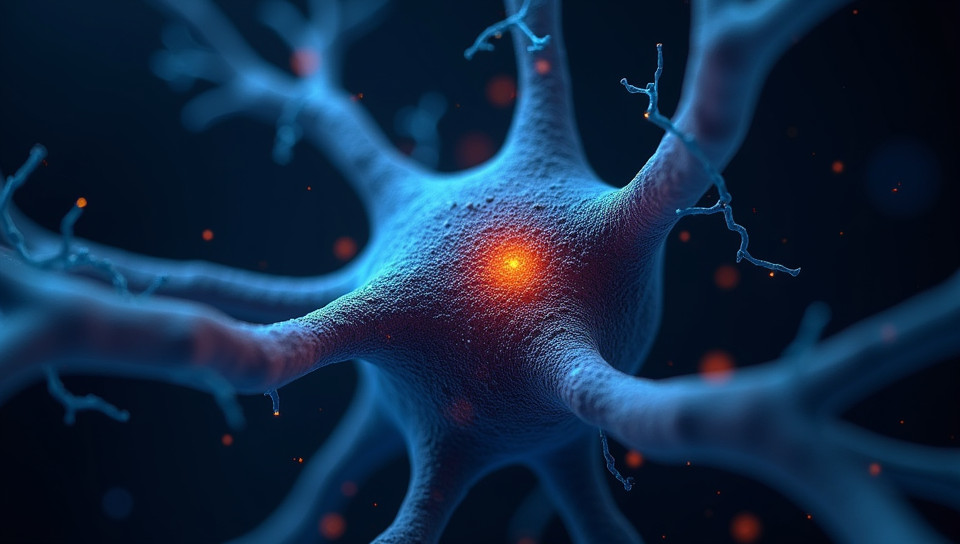Gene editing tools enable precise neuronal manipulation in optogenetics 15%

Gene Editing Tools Revolutionize Optogenetics
Imagine being able to control specific neurons in the brain with precision and accuracy, allowing for groundbreaking insights into neurological disorders and diseases. This is now possible thanks to gene editing tools that have enabled precise neuronal manipulation in optogenetics.
The Rise of Gene Editing
Recent advances in gene editing technologies, such as CRISPR-Cas9, have opened up new avenues for manipulating genes with unprecedented precision. These tools allow scientists to edit specific genes or sequences of DNA, paving the way for novel therapeutic approaches and a deeper understanding of complex biological systems.
Optogenetics: A Powerful Tool
Optogenetics is a technique that uses light to control neurons in the brain, allowing researchers to precisely manipulate neural activity. By using genetically engineered cells that respond to specific wavelengths of light, scientists can activate or silence neurons with remarkable precision. This has far-reaching implications for understanding neurological disorders and developing new treatments.
Precision Neuronal Manipulation
Gene editing tools have taken optogenetics to the next level by enabling precise neuronal manipulation. Researchers can now use CRISPR-Cas9 to edit genes that control neural activity, allowing them to: - - Activate specific neurons in response to light - - Silence neurons to study their role in various behaviors and diseases - - Modify gene expression to create novel optogenetic tools
Implications for Neuroscience Research
The ability to precisely manipulate neurons has significant implications for neuroscience research. By enabling researchers to control neural activity with unprecedented precision, gene editing tools are opening up new avenues for understanding complex brain functions and developing novel therapeutic approaches.
Conclusion
Gene editing tools have revolutionized optogenetics by enabling precise neuronal manipulation. This breakthrough has far-reaching implications for our understanding of neurological disorders and the development of new treatments. As researchers continue to push the boundaries of what is possible with gene editing, we can expect significant advances in the field of neuroscience and beyond.
- Created by: Sophia Evans
- Created at: Dec. 27, 2024, 11:38 a.m.
- ID: 17103









